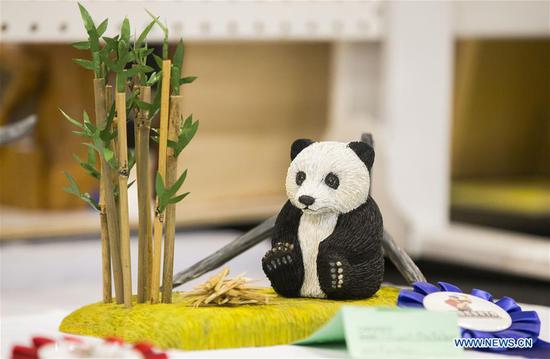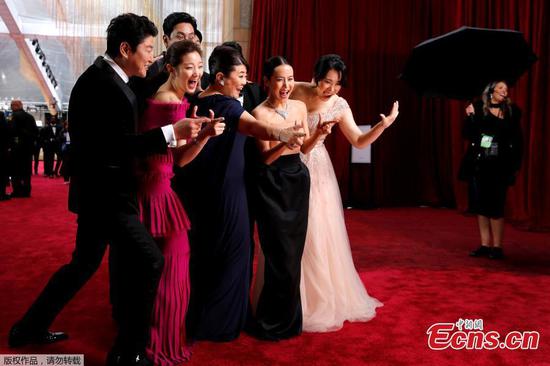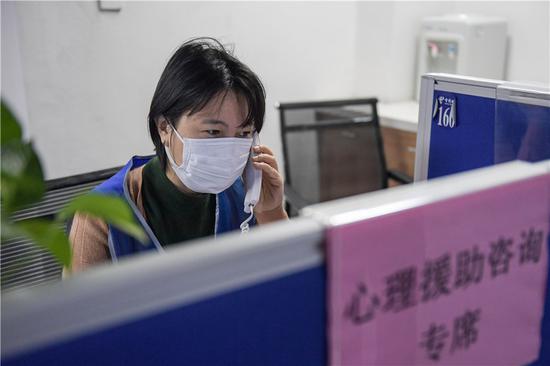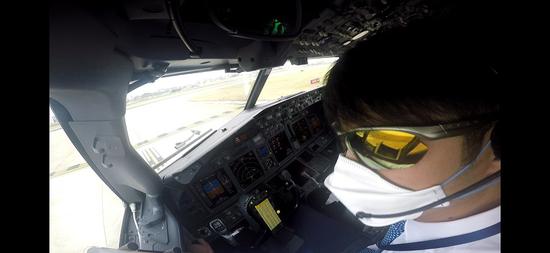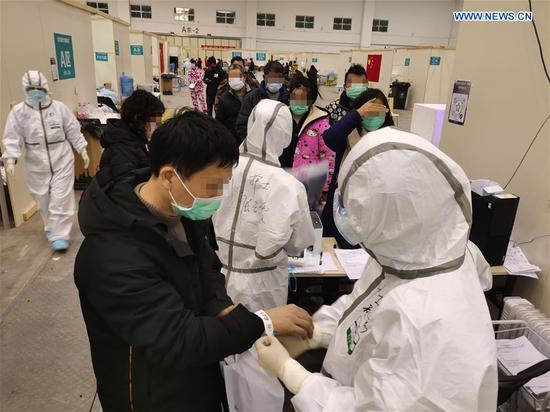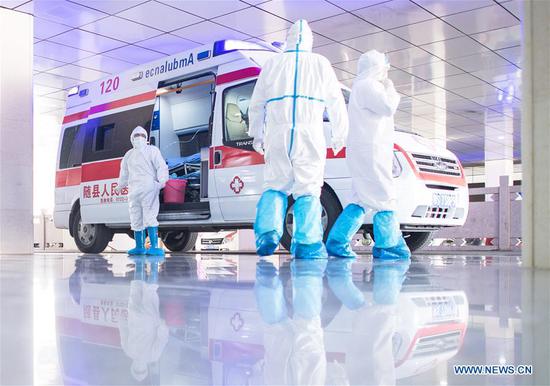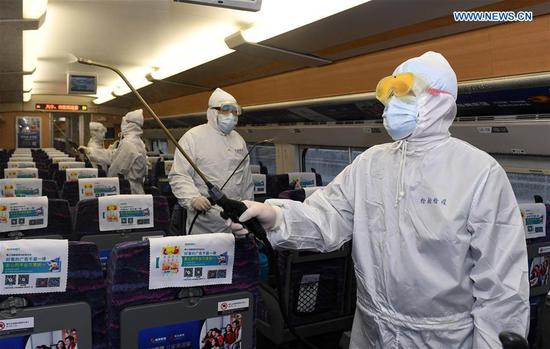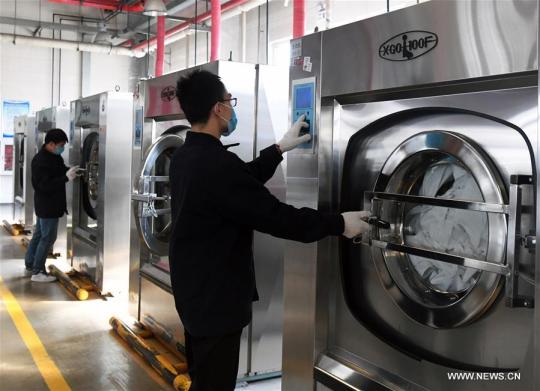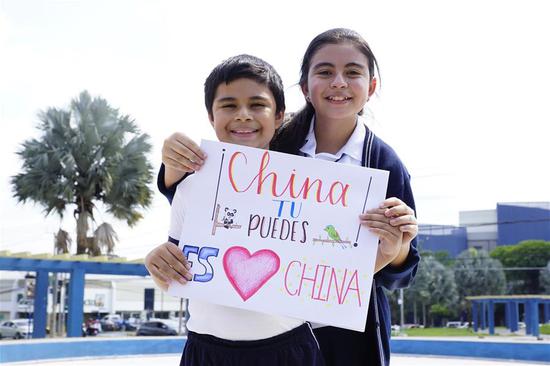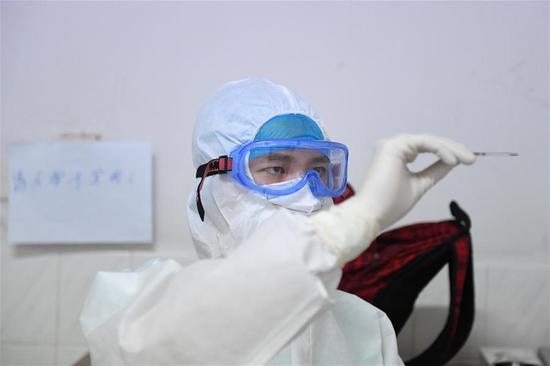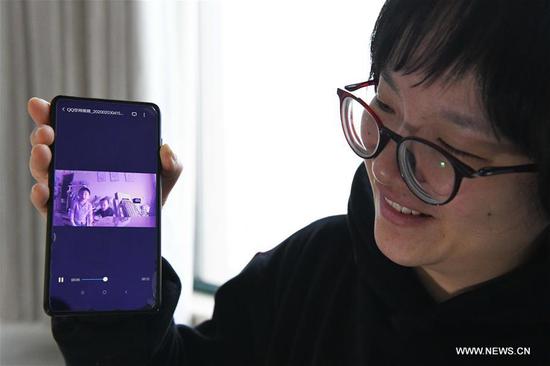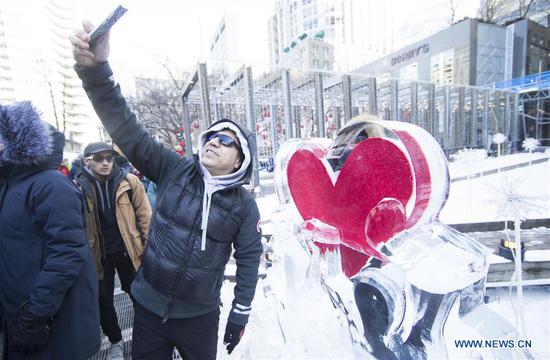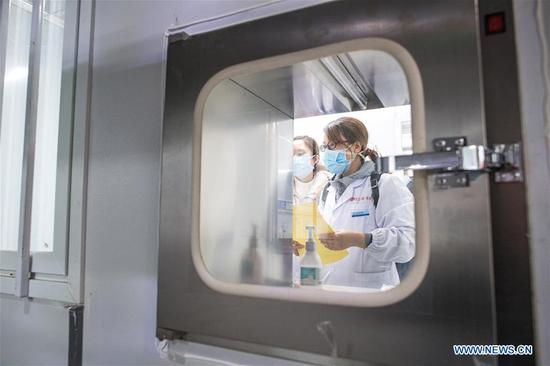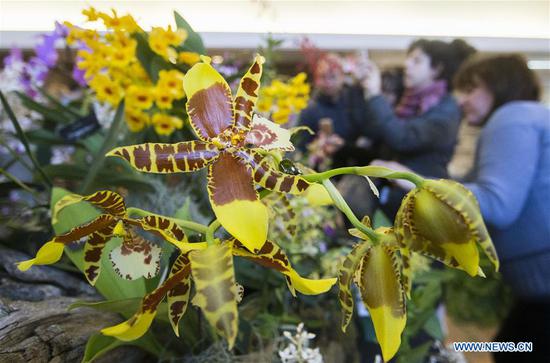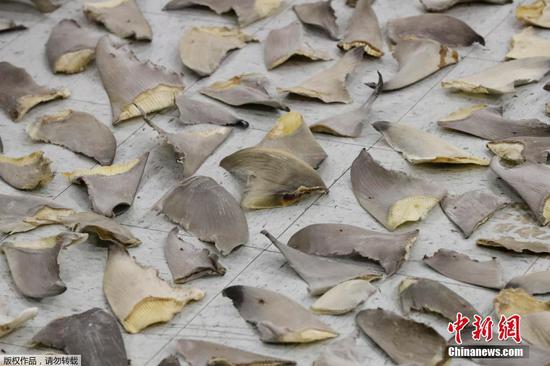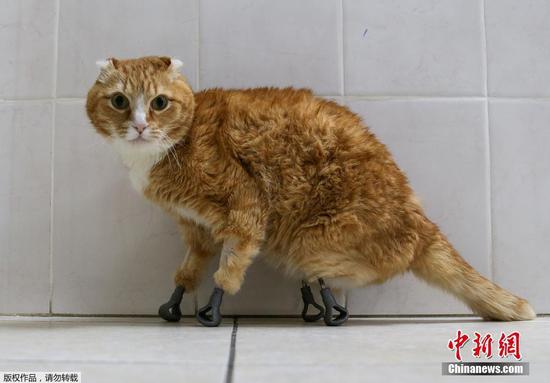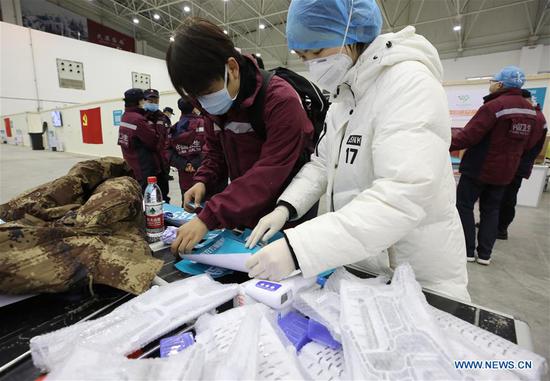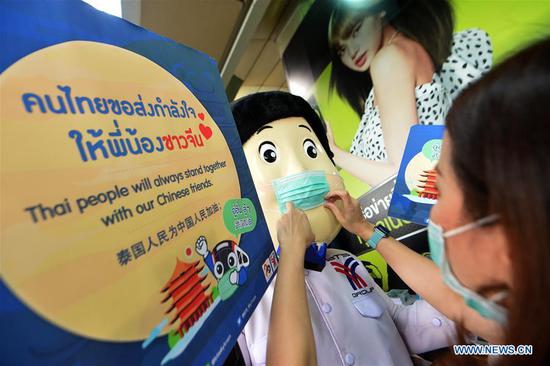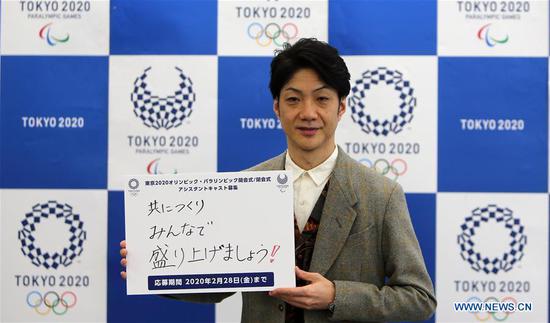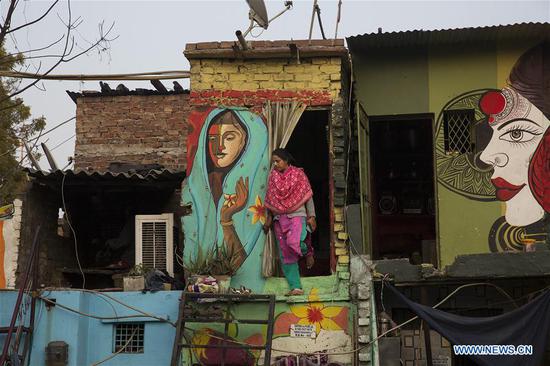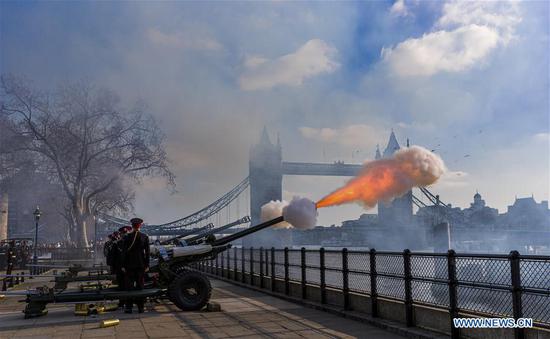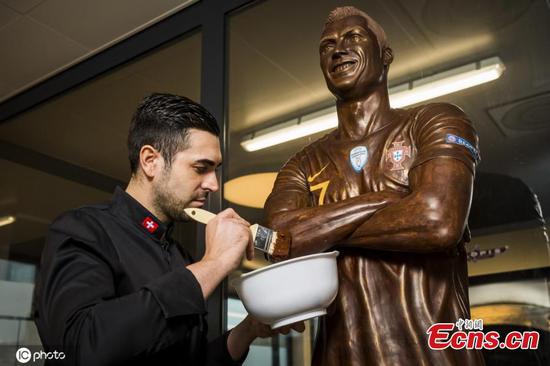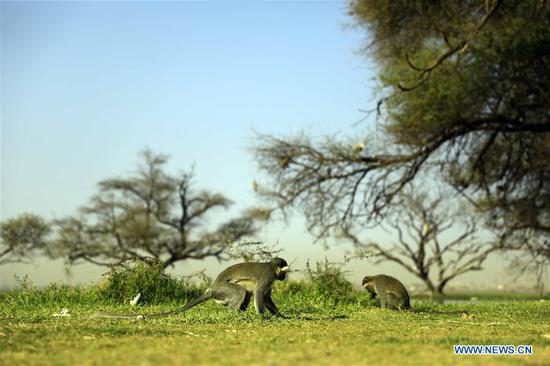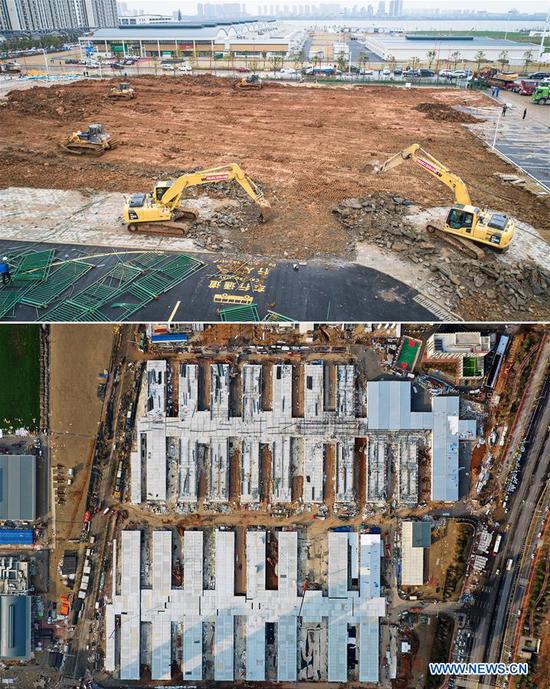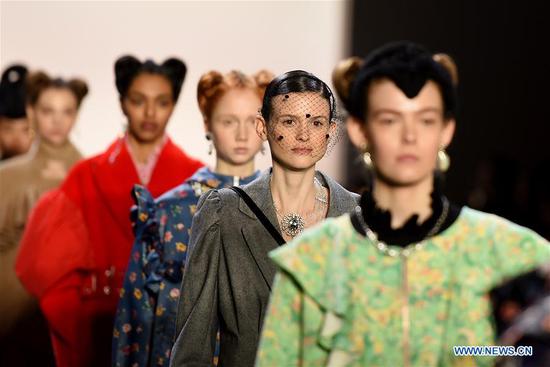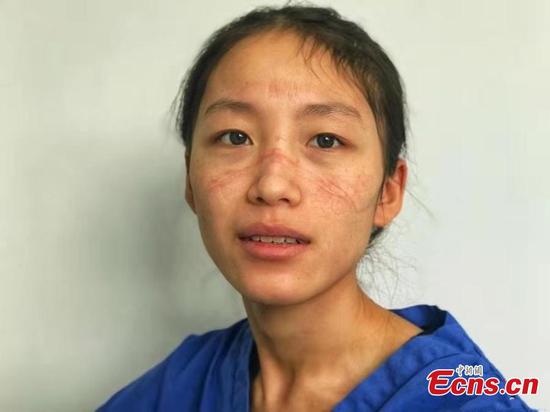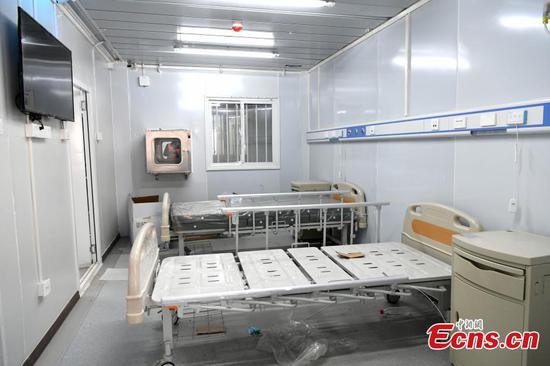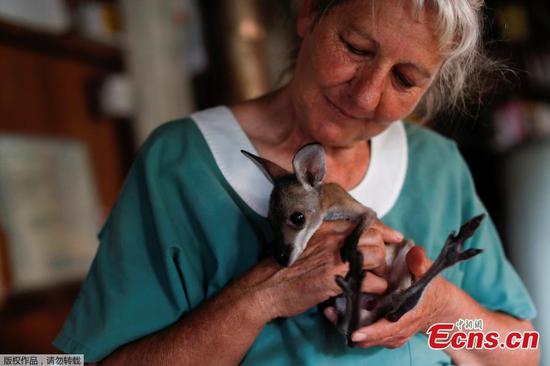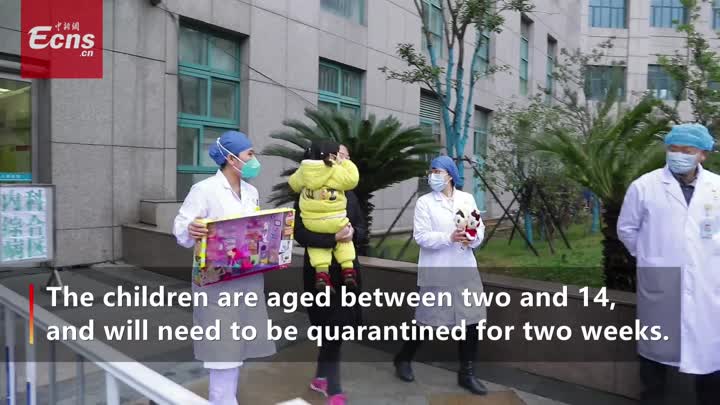Since the outbreak of the novel coronavirus in China, scientists from various pharmaceutical companies and other institutions have tried to create a vaccine to stop its spread. Recently, a Shanghai company produced samples of a new vaccine which has just been tested on animals.
Animal testing is a must for any vaccine before it's put to public use. Researchers at Tongji University in Shanghai are using these healthy mice to test some of the latest coronavirus vaccine samples.
Liu Zhongmin, president of Shanghai East Hospital under the Tongji University School of Medicine, told CGTN that mouse testing is just a preliminary screening for candidate vaccines. After searching through effective antibodies against this virus, the candidate vaccine will continue onto a toxicological test, which will need larger animals such as monkeys. That will allow us to gauge the safety of the vaccines before applying for clinical testing.
President Liu said a total of over a hundred mice will be needed to perform the testing on Sunday.
Animal testing is another step forward for developing a real vaccine. To guarantee its objectivity, animal tests with the same vaccine samples are also conducted simultaneously at the Chinese Center for Disease Control and the Prevention and National Institutes for Food and Drug Control in Beijing.
President Liu said this kind of mRNA-based vaccine is one of the most advanced and unique vaccine production technologies, and it has a shorter preparation time and higher efficiency.
These vaccines are co-designed and developed by China CDC, Tongji University and a Shanghai vaccine company. After getting the antigen from China's CDC in late January, Dr. Li Hangwen and his team have spent two weeks producing these multiple types of m-RNA vaccine samples.
Dr. Li Hangwen, CEO of Stemirna Therapeutics LLC told CGTN that they have prepared nine to 12 different antigens for the vaccine samples in animal testing.
At present, dozens of domestic and global companies and institutions have invested huge amounts of money and time into creating a vaccine for this novel coronavirus.
Dr. Li said generally a vaccine needs to pass three steps of clinical testing. The period of time may last from several months to several years based on the testing period and test patients.
If the animal tests go well, Dr. Li hopes they can begin further clinical trials as early as April. Although people want a cure that ultimately ends the coronavirus epidemic soon, scientists say effective vaccines must undergo rigorous testing before being put to public use.










